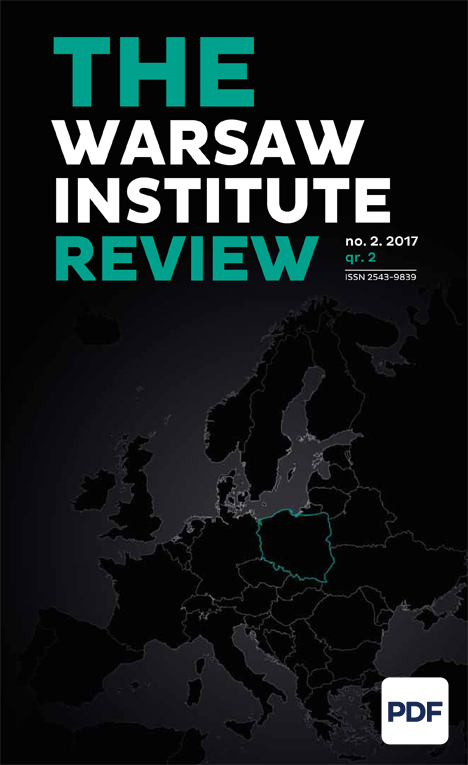THE WARSAW INSTITUTE REVIEW / ISSUES / no. 2/2017
CONTENTS
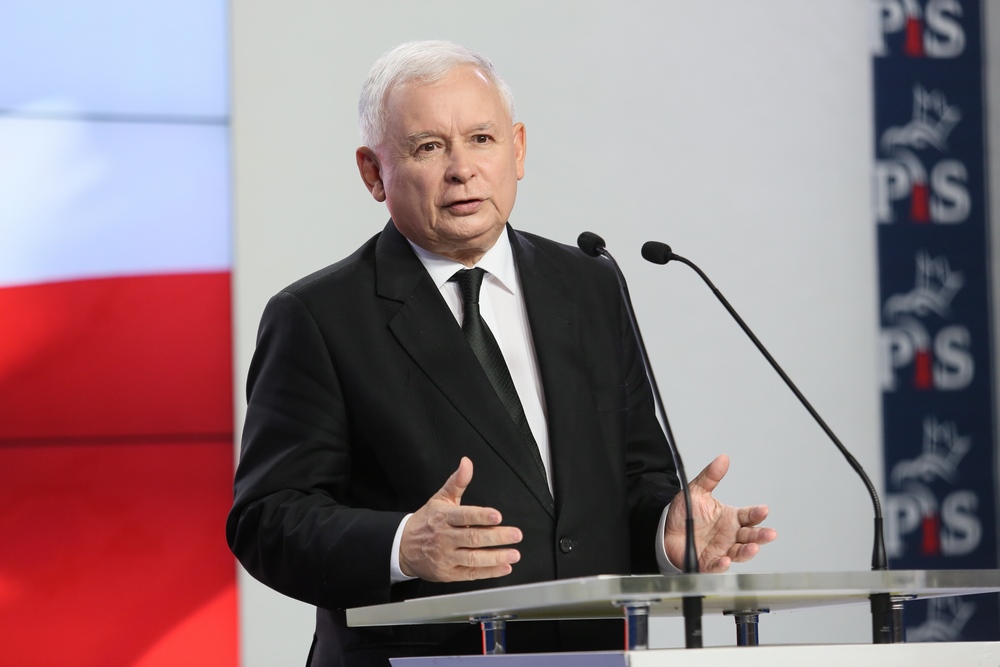
Globalism and Localism in the Perspective of Polish Politics
New processes and events on the world political stage are increasingly forcing old labels to be abandoned.
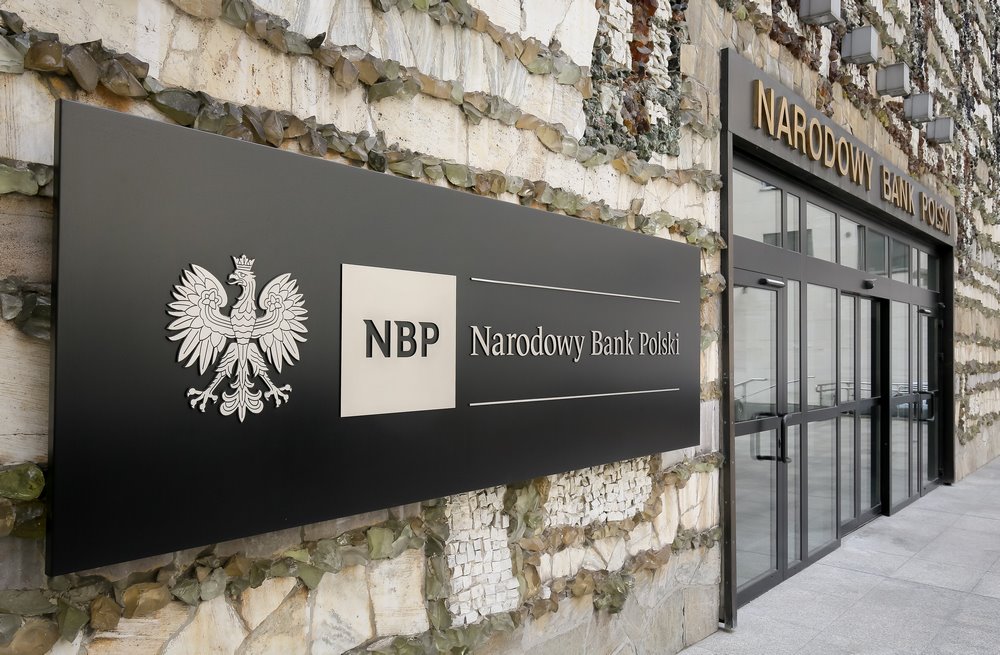
The Polish Banking Sector in an Innovation Race
Changes in the financial markets caused by the spread of digital technology pose a challenge for banking institutions in many countries; however, the starting position of the Polish banking sector in this innovative race is a good one.
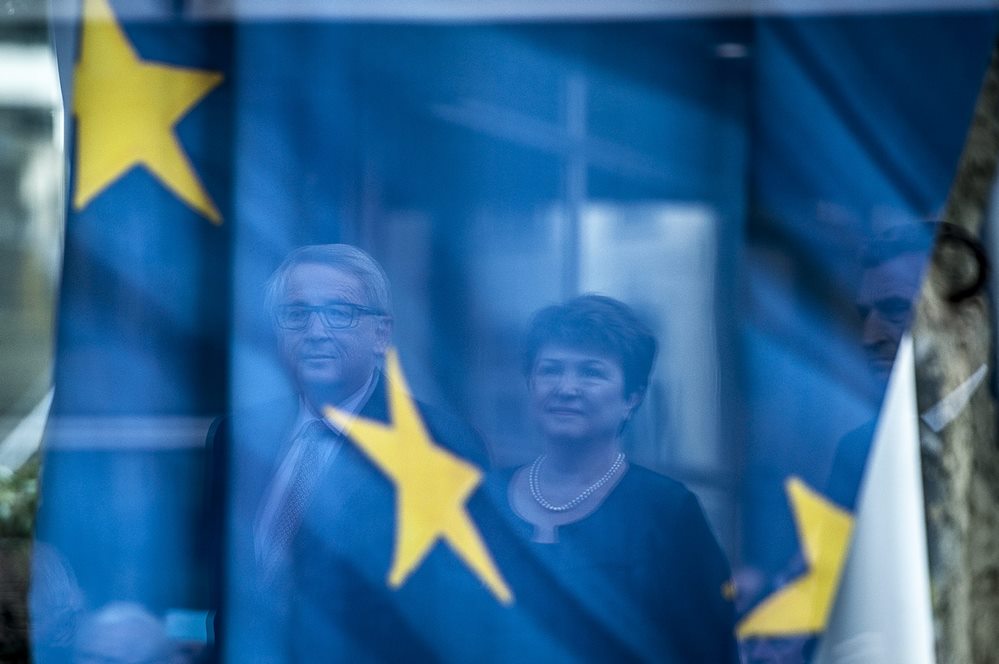
Changes in the Design of the EU Budget after Brexit
In 2020, decisions will be made by the relevant bodies of the European Union, which will sanction its financial outlook for the years 2021-2027. The organization’s annual budgets will be constructed over the next seven years based on this framework.
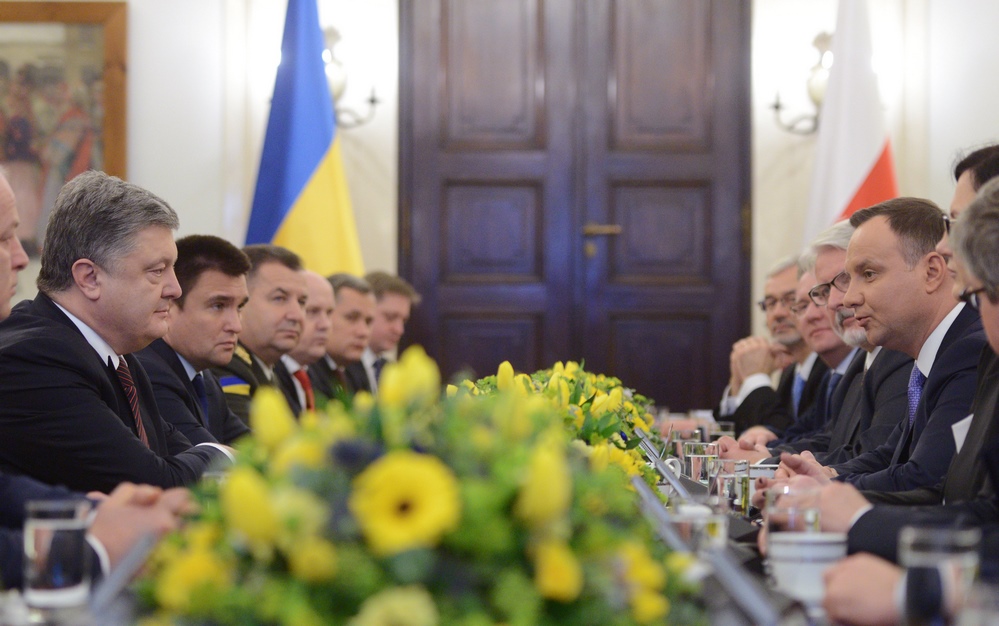
Defense Cooperation between Poland and Ukraine: Present State and Prospects.
For the first time since the collapse of the Soviet empire and Poland and Ukraine’s recovery of independence, the same opponent has appeared in the defense doctrines of both states: the Russian Federation.

Foreign Media Reports: Poland’s Image in the Western Press
What does the average German, Briton, Parisian or Brussels resident know about Poland? What comes to mind when they think of Poland? They probably know that Pope John Paul II was Polish and that the social movement Solidarity was born in Poland.

A Dispute over words: “German camps” and “German crimes”
We owe the conscious formulation and use of the concept of historical politics to the Germans (Geschichtspolitik). The term “honestly” is crucial here. Historical policy is a fact, and conducting it is not in itself a negative phenomenon.
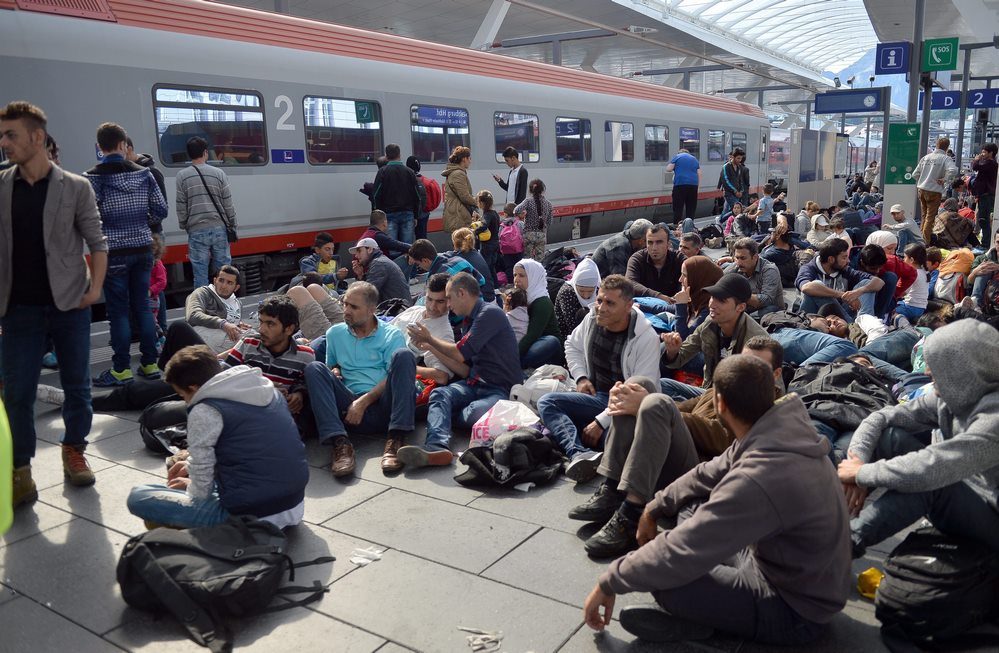
False Moral Imperative
For every epoch there are images that can be considered symbolic.
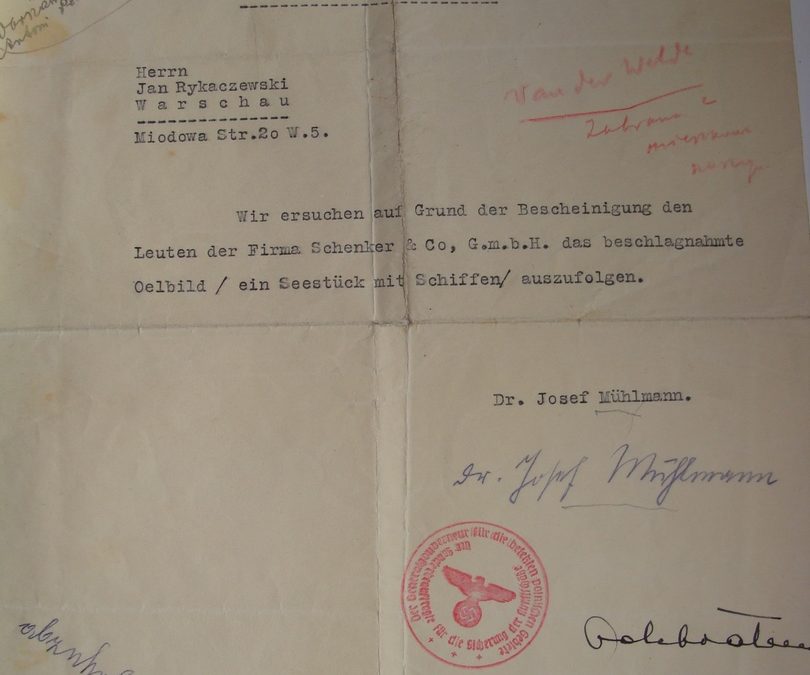
Wartime Losses of Private Art Collections of Warsaw Residents
In addition to the physical destruction of the inhabitants of Warsaw and the city itself, pre-war private art collections of the city’s residents were almost entirely lost. While some museums and libraries managed to recover after the war, largely uncatalogued private collections were gone.
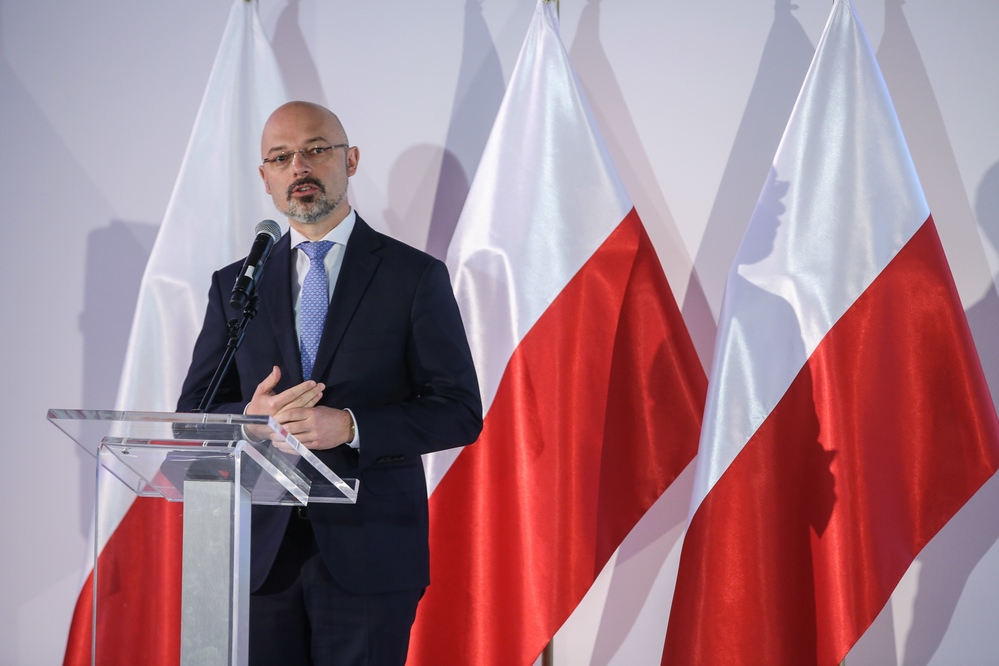
Poland on the Road to Electromobility
Electromobility is one of several strategic directions for Poland’s economic development in the near term. On March 16, 2017, the Polish government adopted the Electromobility Development Plan, which set goals and directions for action in this area until 2025.

The Battle Against Doping – Challenging but Winnable
For some, doping in sport has become normal practice with it so commonplace that there are people calling for its legalization. These calls, however, rarely come from the athletes themselves.

